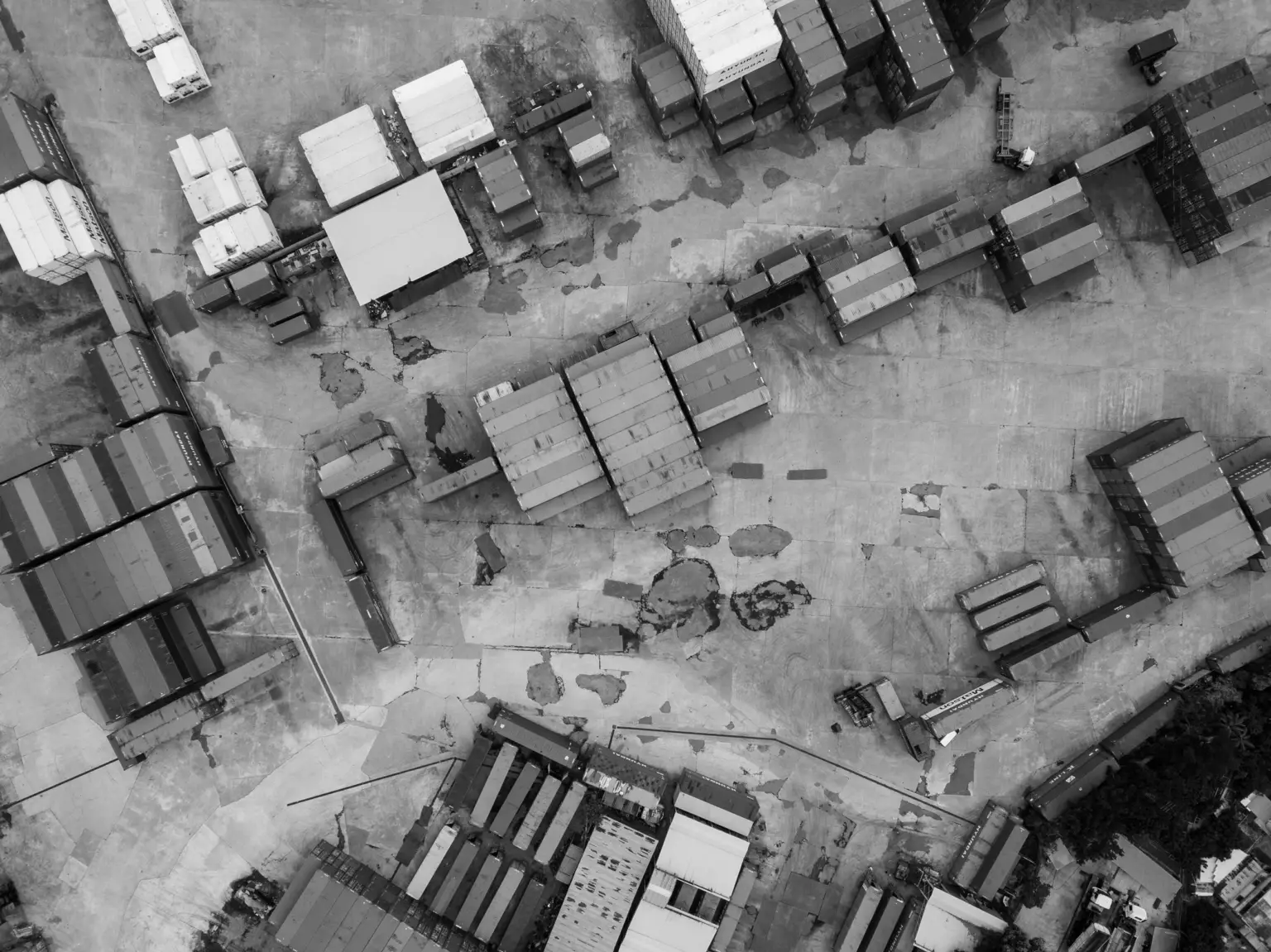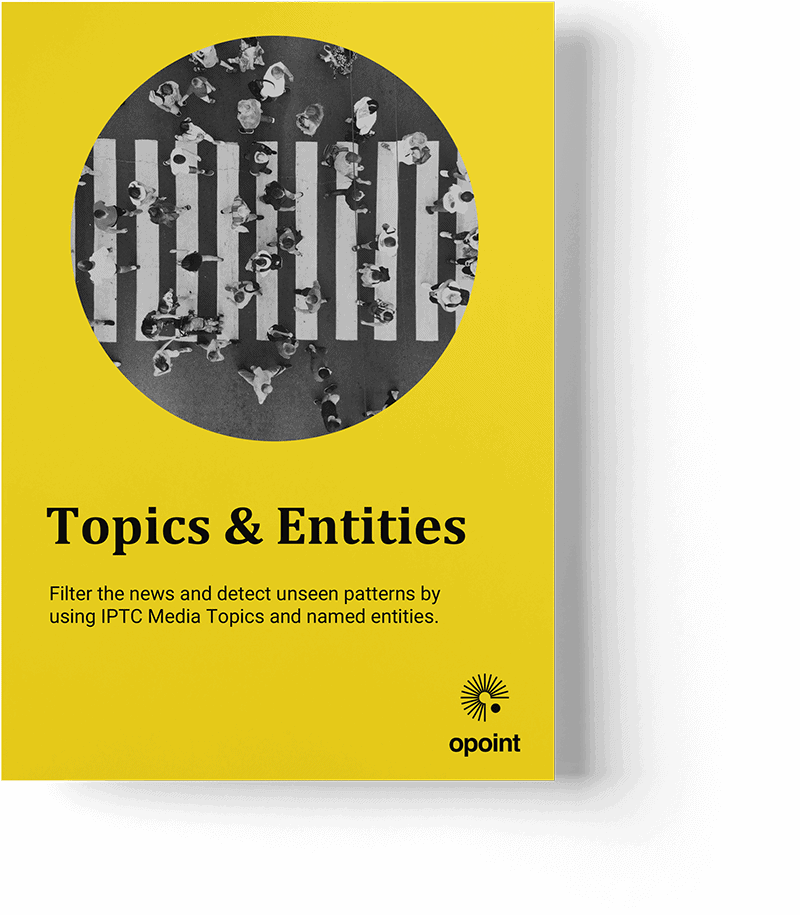Beyond Finance: The Expanding Role of Adverse Media Screening
Adverse media screening is not just for banks anymore. Traditionally, financial institutions have used it for anti-money laundering (AML), fraud prevention, and regulatory compliance. But today, industries far beyond finance are tapping into real-time risk intelligence to navigate an increasingly complex global landscape.
13 February 2025
Supply chain disruptions, geopolitical instability, cyber threats—these risks affect every industry without discrimination. Whether a logistics firm avoiding a supplier embroiled in a labour dispute or an energy company mitigating geopolitical exposure, real-time adverse media screening is now a must-have tool.
Why Non-Financial Industries Need Adverse Media Screening
Risk Management: Spotting Threats Before They Disrupt Business
The global economy is interconnected. Businesses rely on partners, suppliers, and third parties whose financial stability, legal standing, and reputational risks can directly impact operations.
Real-time monitoring enables companies to identify potential risks early, mitigating risks before they escalate into costly disruptions. A risk-based approach to decision-making is essential for organisations operating in dynamic markets, ensuring that risk management strategies align with evolving challenges. By integrating media screening into risk assessment frameworks, businesses can systematically track potential disruptions and adjust their strategies accordingly.
Schedule a demo to see how real-time screening can mitigate risks in your industry.
Reputation Management: Protecting the Brand from Association with Controversy
In the digital landscape, reputation is everything. Companies can face backlash simply by being linked to a controversial supplier or business partner. Adverse media screening helps you detect and distance yourself from entities embroiled in scandals, unethical practices, or legal disputes.
Monitoring news sources and analysing media screening results enable businesses to maintain credibility and protect stakeholder trust. A robust risk management strategy also involves evaluating the levels of risk each supplier or partner brings to the table, ensuring long-term stability.
Compliance & Regulatory Challenges: ESG and Expanding Due Diligence Requirements
Governments and regulatory bodies are tightening requirements for transparency. Industries beyond finance must ensure ethical sourcing, track ESG compliance, and meet new reporting standards.
Adverse media monitoring supports these initiatives by providing real-time insights on potential compliance violations. This is particularly crucial for businesses in highly regulated industries such as pharmaceuticals and energy, where failing to meet compliance standards can lead to hefty fines and operational setbacks. A risk-based approach to compliance ensures companies stay ahead of changing regulations while maintaining operational efficiency.
Case Study: BMW’s Supply Chain Disruption Amid Russia’s Invasion of Ukraine
Since Russia’s invasion of Ukraine began in 2022, BMW has faced severe supply chain disruptions due to the war’s impact on its Ukrainian suppliers. Factories have shut down, and production delays continue to ripple through its operations.
This demonstrates the critical need for supply chain management professionals to leverage real-time risk management strategies and proactively assess identified risks in global markets.
Problem:
- A lack of real-time visibility into emerging risks left BMW vulnerable to sudden disruptions.
- The company has had to scramble for alternative suppliers while the crisis remains ongoing.
How Adverse Media Screening Could Help:
- Early identification of disruptions through real-time monitoring of geopolitical risks.
- Proactive risk mitigation—shifting to alternative suppliers before supply chain breakdowns.
- Reduced downtime and faster decision-making based on data-driven insights.
Companies need real-time intelligence to stay ahead of supply chain vulnerabilities, not just react to them.
Who Benefits from Adverse Media Screening?
Supply Chain & Logistics
- Operational risk: Early detection of labour strikes, factory shutdowns, and transportation disruptions prevents costly delays.
- Financial and supplier performance risk: Identifying suppliers in financial distress helps businesses avoid unexpected failures.
- Regulatory risk: Adverse media ensures companies avoid suppliers with compliance violations.
- ESG risks: Monitoring sustainability concerns, worker exploitation, and unethical sourcing strengthens responsible supply chain practices.
- Global supply chain challenges require companies to leverage media screening to ensure resilience and adaptability.
- Digital supply chain strategies rely on real-time data to enhance transparency and efficiency.
Businesses that leverage real-time screening identify risky suppliers before contracts are signed and quickly pivot when disruptions arise.
Oil & Gas
- Geopolitical risk: Pipeline attacks, sanctions, and political unrest can disrupt operations overnight.
- Reputational risk: Scandals involving environmental damage, fraud, or human rights violations can tarnish a company’s brand.
- ESG and sustainability risks: Monitoring supply chain partners for non-compliance with environmental standards prevents legal and financial consequences.
- Political exposure of key suppliers may pose additional financial crime risks.
- Management process improvements can be driven by adverse media insights, ensuring compliance with safety and sustainability mandates.
Energy companies must anticipate risks before they become headlines—reacting too late is costly.
Manufacturing & Consumer Goods
- Supply chain disruptions: Raw material shortages, factory closures, and unethical labour practices can stall production.
- Cyber risk: A cyberattack on a supplier’s IT infrastructure could halt production and compromise security.
- Physical climate risk: Extreme weather events or climate-related regulations can impact global manufacturing hubs.
Manufacturers must monitor emerging threats in real-time to protect supply chains and avoid production halts.
Pharmaceuticals & Healthcare
- Regulatory and compliance risks: Screening helps companies avoid sourcing from non-compliant or counterfeit drug manufacturers.
- Operational risk: Supplier bankruptcies and drug shortages impact critical healthcare supply chains.
- Cyber risk: Cyberattacks on pharmaceutical suppliers could lead to stolen research data, compromised clinical trials, or counterfeit drug risks.
Adverse media screening ensures the integrity of the healthcare and pharma supply chain.
Retail & E-Commerce
- Financial and supplier risk: A supplier’s bankruptcy or fraud allegations can disrupt inventory and erode consumer trust.
- Reputational risk: Partnering with manufacturers linked to poor labour conditions, environmental harm, or safety recalls can lead to PR nightmares.
- Cyber risk: Supply chain cyber threats pose a growing challenge to e-commerce operations.
Retailers must vet suppliers continuously to avoid costly reputational damage and inventory issues.
Final Thoughts: Adverse Media Screening is a Must-Have for Risk Management
The world’s supply chains are more complex and vulnerable than ever. Businesses that rely on third parties must adopt real-time intelligence tools to stay ahead of disruptions.
- Early risk detection prevents operational crises.
- Proactive monitoring safeguards reputation and compliance.
- Real-time insights drive faster, smarter decision-making.
- Reduces costs by avoiding disruptions and regulatory penalties.
Why Choose Opoint?
Opoint delivers unparalleled access to +235,000 sources across 150 languages and 220 jurisdictions, providing businesses worldwide with the most comprehensive and real-time adverse media screening available. While financial institutions rely on us for compliance and AML, our data powers industries far beyond finance, ensuring resilience across supply chains, energy, pharmaceuticals, and more.
Customisable Risk Monitoring
Track only what matters to your business with Opoint’s real-time, customisable news feeds. Whether monitoring suppliers, geopolitical risks, regulatory changes, or ESG violations, our platform ensures you never miss a critical insight.
Stay Ahead with Real-Time Alerts
Opoint’s monitoring alerts you to emerging risks the moment they surface, enabling proactive decision-making. From cyber threats to operational disruptions, our enriched data ensures you stay ahead of the competition.
Trusted by Leaders
Opoint helps industries stay compliant with structured data feeds, enriched metadata, and risk-reducing news data. Trusted by compliance teams and industry leaders, we make real-time risk assessment simple, scalable, and effective.





